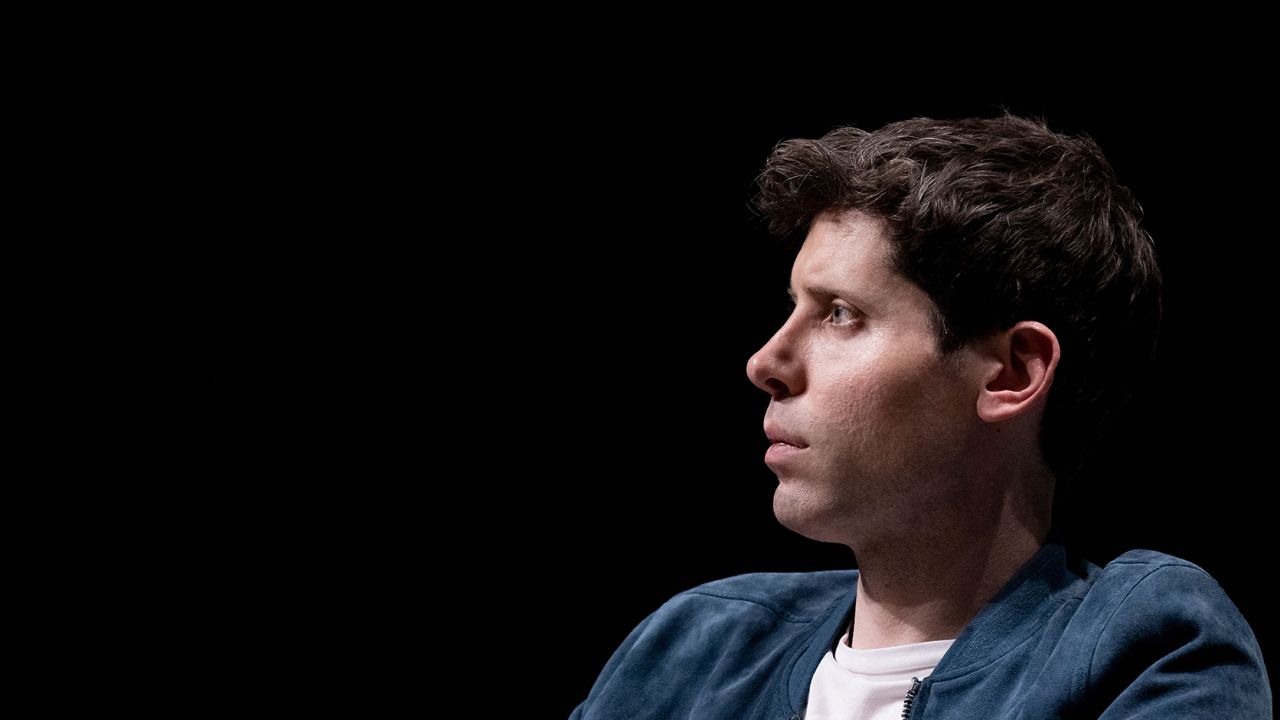In a surprising turn of events, OpenAI has announced that Sam Altman, co-founder of the artificial-intelligence startup, will be reinstated as chief executive, ending a tumultuous five-day standoff with the board that initially fired him. The resolution comes after a period of intense negotiations and public pressure from investors, employees, and even Microsoft, OpenAI’s largest backer.
The company revealed that Altman will not be part of the new initial board, but a reshaped board will now be led by Bret Taylor, former co-CEO of Salesforce, with Larry Summers, former Treasury secretary, and Adam D’Angelo, the only member of the previous board to retain his position, joining as well. Taylor is set to be the chairman of the board, indicating a fresh start for OpenAI’s leadership.
One of the key developments is the agreement to conduct an independent investigation into Altman’s conduct, the decision to remove him, and the aftermath. This move reflects a commitment to transparency and accountability, aiming to address concerns from both sides of the dispute. The results of this investigation could have significant implications for the company’s future and the individuals involved.
The new board is expected to expand further, with up to six additional members joining in the coming days. The OpenAI spokeswoman declined to comment on the investigation details and the specifics of the board expansion, leaving room for speculation about what changes lie ahead for the organization.
Altman expressed his dedication to OpenAI in a post on X, stating, “I love OpenAI, and everything I’ve done over the past few days has been in service of keeping this team and its mission together.” This sentiment suggests a commitment to the company’s mission despite the recent upheaval.
The resolution marks the end of a high-stakes impasse over OpenAI’s leadership, which triggered a wave of reactions within Silicon Valley and the broader business community. Altman’s return as CEO addresses the immediate leadership question, but it raises broader questions about the lasting impact of the crisis on OpenAI’s internal dynamics and external relationships.
The departing board members, including Altman’s co-founder Greg Brockman, have played a significant role in OpenAI’s journey. While Altman regains his position as CEO, neither he nor Brockman will reclaim their board positions. Only one of the four members involved in the decision to remove Altman, Adam D’Angelo, will remain on the board, signaling a significant shift in the company’s governance.
Emmett Shear, former CEO of Twitch and interim chief executive of OpenAI during the crisis, expressed his satisfaction with the resolution, stating on X, “This was the pathway that maximized safety alongside doing right by all stakeholders involved.”
As the dust settles, many details remain uncertain, including the role Microsoft will play in the expanded board and whether there will be changes to provide investors with additional protections. Microsoft CEO Satya Nadella expressed his encouragement for the changes, seeing them as a “first essential step on a path to more stable, well-informed, and effective governance.”
The resolution opens a new chapter for OpenAI, emphasizing the importance of collaboration, transparency, and governance in the rapidly evolving field of artificial intelligence. The coming days will likely bring more clarity on the company’s future direction and the lessons learned from this unprecedented leadership crisis.
(Source: CNBC | WSJ)









